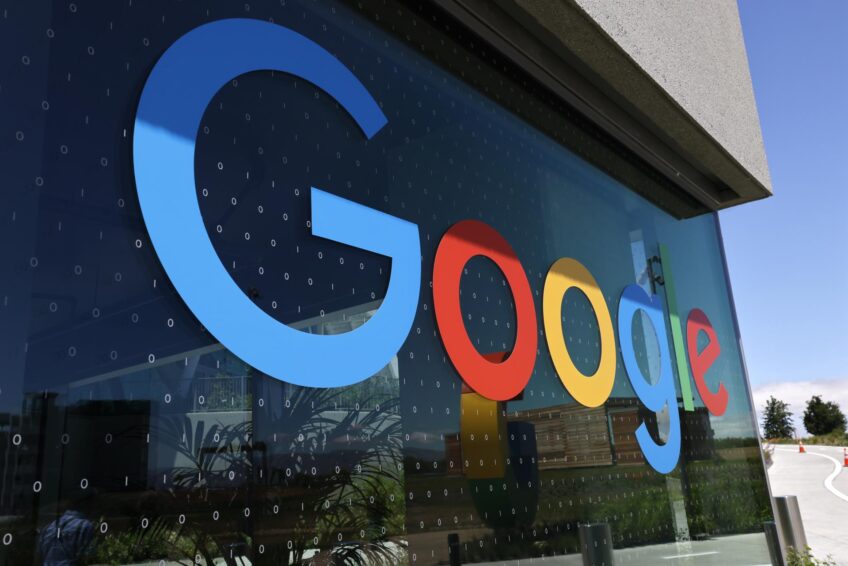I recently published an essay about Meta's new AI tools for streamlining ad design and improving campaign performance.
After 12 days, it was Google's turn to introduce its new features, which, without question, have the potential to change the way we advertise in the future.
The announcement was made during the Google Marketing Live 2023 event, and it startled marketers from all around the world owing to the range of tools and their various potential for enhancing outcomes and optimizing the campaign creation process.
In this essay, I'll inform you about some of Google's new AI technologies.
Conversational Experience In Google Ads
It takes time to create truly powerful campaigns.
It takes far longer to plan and write the copy, research keywords, and analyze the competition than it does to run the ad within the platform.
But what if Google Ads, with all of its intelligence accumulated over the years, could assist you with that?
That day appears to have arrived.
Through Artificial Intelligence, Google Ads is offering a new conversational interface aimed to simplify your creation and suggest the ideal titles, descriptions, and keywords for your campaign.
Simply enter your landing page into the tool, and Google Ads AI will produce relevant and successful keywords, titles, descriptions, images, and other assets to help you perfect your campaign.
When creating your campaign, you can alter, revise, or simply disregard these suggestions.
Furthermore, Google has launched an AI-powered chat that allows users to converse with the tool as if they were conversing with a coworker.
You can use it to solicit recommendations, ideas, and tips to improve your campaign and raise your outcomes using artificial intelligence.
You may be asking, after learning about this new function, if ChatGPT does not have solutions similar to these. What should I do with the Google Ads feature?
In the context of advertisements, ChatGPT is still a youngster when compared to this artificial intelligence developed by Google.
What's the reason? ChatGPT does not comprehend the context, dynamics, and outcomes of Google Ads campaigns as well as the platform.
Within Google Ads, generative artificial intelligence means having a machine with a complete understanding of the dynamics of ad titles, descriptions, keywords, tool policies, and everything else essential to give results that may truly change the game of your campaigns.
However, one does not preclude the other. Use these tools to supplement your campaigns and use your critical thinking to choose what should and should not be included in your commercials.
Google Ads: Assets Created Automatically
Google introduced Automatically Created Assets (ACA) for Search Ads last year.
Essentially, the technology utilizes the text of a landing page and current ads to build headlines and descriptions for your campaigns automatically.
Soon, the business will augment the ACA with generative AI to better tailor advertising according to the context of the user's query.
Google illustrated how the phrases may appear if a person searches for "skin care for dry sensitive skin."
Artificial Intelligence generated the title "Soothe Your Dry, Sensitive Skin." automatically. Text that is extremely aligned with the user's search and the page's content.
Isn't it fantastic?
Imagine the ocean of possibilities that businesses and professionals will have with the help of AI to boost the relevancy of their ads and grow their outcomes.
Conclusion
We are surely witnessing one of the most significant advances in Google Ads history - generative and conversational AI.
These new AI technologies open up a world of new opportunities for individuals who work with ads to design distinctive and effective campaigns that speak directly to the user, resulting in even greater outcomes for businesses.
We don't know where this is headed, but recent advancements in artificial intelligence have been so significant that we can no longer dismiss its potential.
The features that were first published may not perform as expected, but machine learning skills have the potential to advance it like never before.
Make effective use of these resources and apply critical thinking to determine whether or not to give up power to AI.

